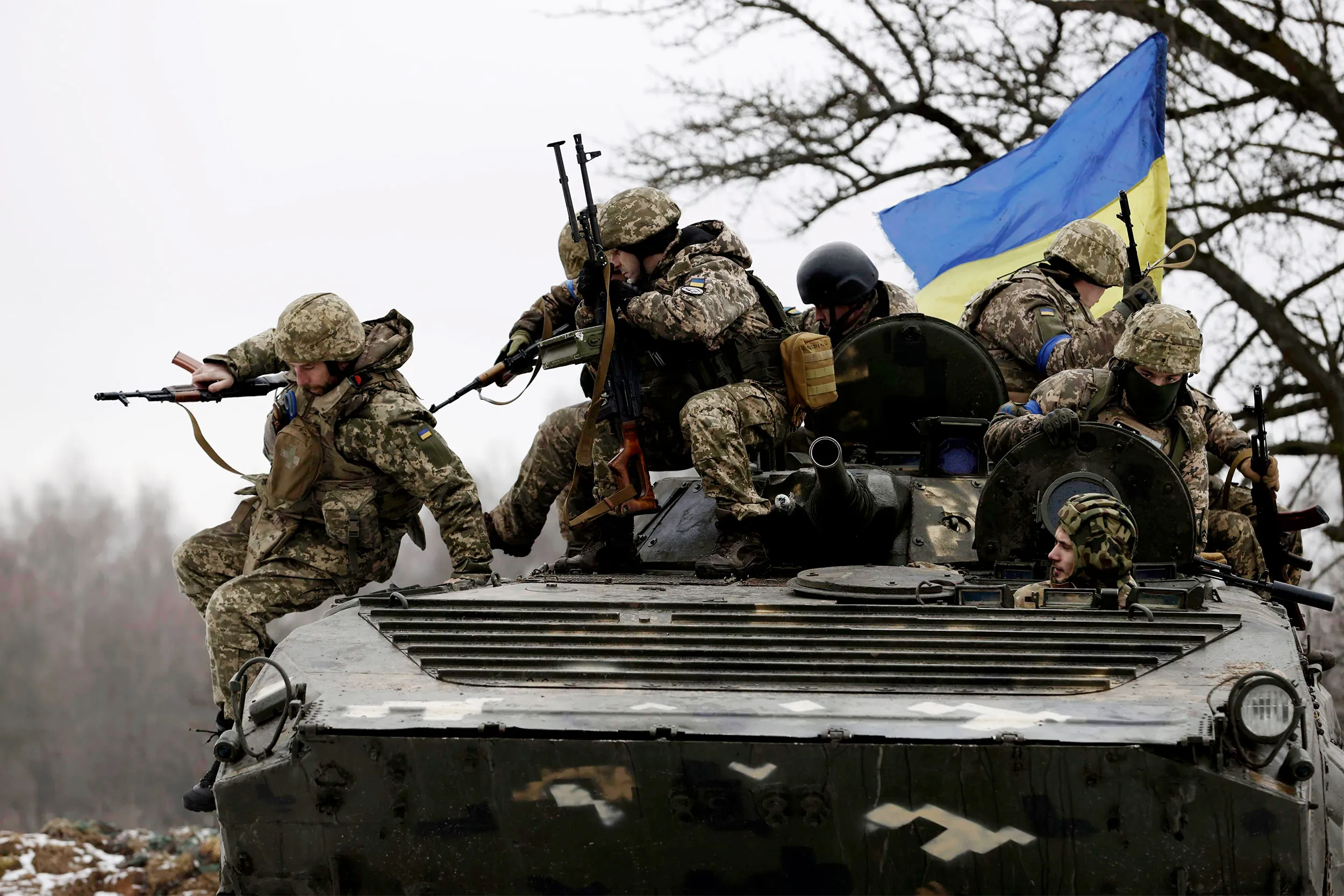When former President Donald Trump said the war in Ukraine is “not our problem” or suggested it’s far removed from everyday American life, he missed a crucial point. The conflict unfolding in Eastern Europe isn’t just about distant borders and foreign policy; it’s closer to home than many realize.
Why Distance Doesn’t Mean Detachment
Physically, Ukraine is thousands of miles from the U.S., but in today’s interconnected world, geography alone doesn’t determine impact. The war’s consequences ripple through global markets, energy supplies, and geopolitical stability—all areas that touch the daily lives of millions.
For example, the conflict has strained global oil and gas supplies, driving up prices at the pump here at home. Food shortages and inflation spikes can often trace back to disruptions caused by the war. So, saying the war is “not our problem” ignores the clear economic ties binding us to the outcome.
The Geopolitical Stakes Are Real
The war is also a test of international order and alliances. Ukraine’s resistance against Russian aggression isn’t just a local fight—it’s a front line in the battle over how power is exercised globally. If unchecked, such conflicts threaten the balance that keeps many nations stable, including the U.S.
Trump’s framing may suggest a desire to pull back from international engagement, but the reality is that isolation won’t shield the country from consequences. Whether through refugee waves, security risks, or economic shocks, the war’s effects do arrive here.
What This Means for Americans
Understanding the war in Ukraine requires more than just watching news headlines. It means recognizing that global conflicts can shape your day-to-day life, from job security to the price of groceries.
Ignoring these realities might seem appealing, but it’s a risky stance. The war is not just a foreign drama happening on another continent; it’s a conflict that quietly influences the world you live in.
Final Thoughts
Trump’s view that the war in Ukraine is distant oversimplifies a complex situation with global implications. The war’s consequences are felt in the economy, geopolitics, and national security. It’s not about taking sides in a far-off conflict—it’s about understanding how interconnected our world really is.
In short, the war in Ukraine is much closer than many might think—and recognizing this is the first step toward navigating the challenges it brings.



